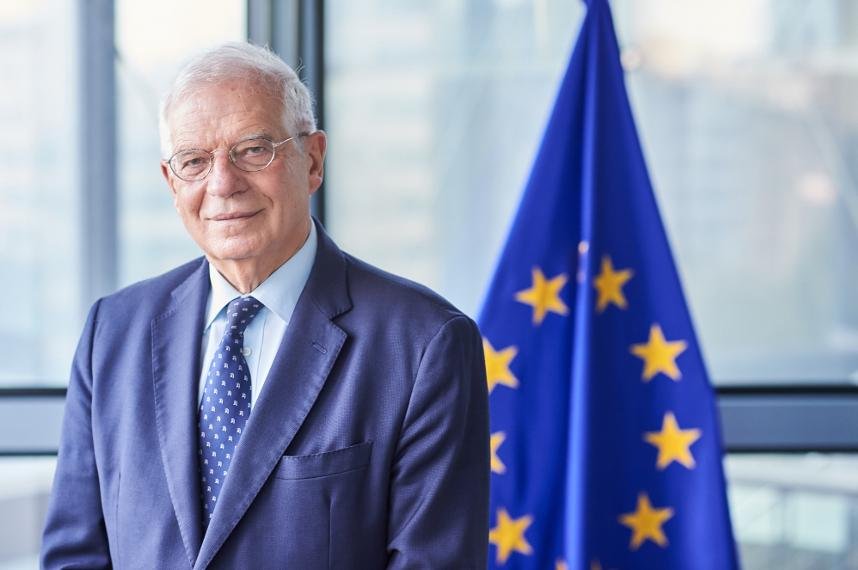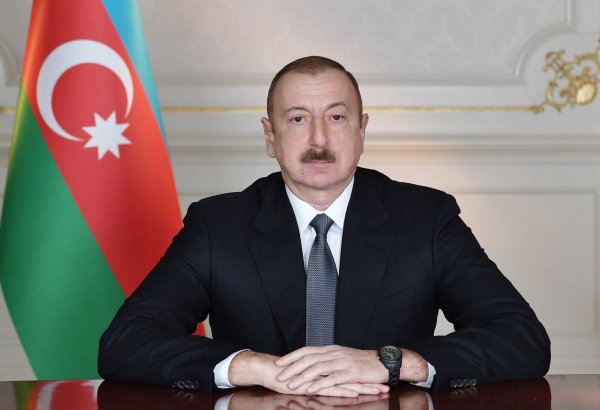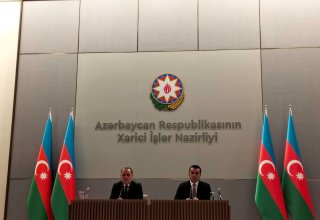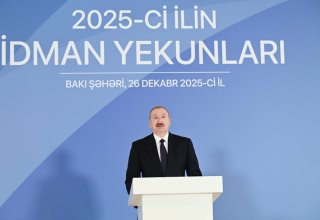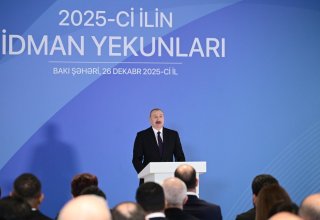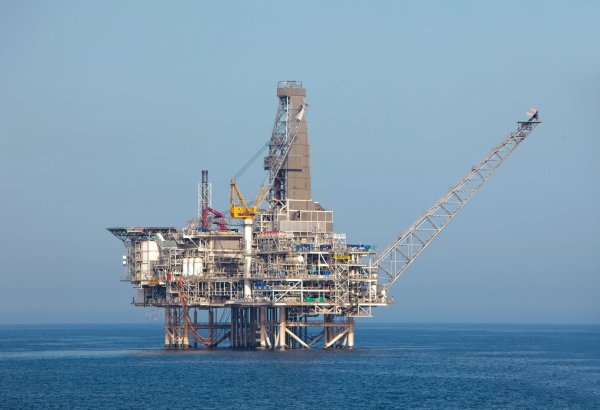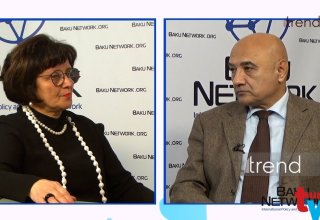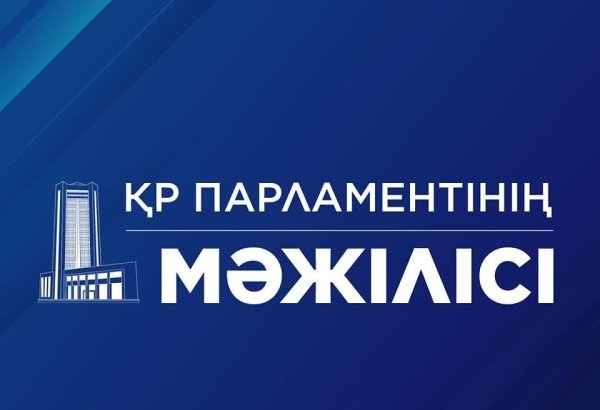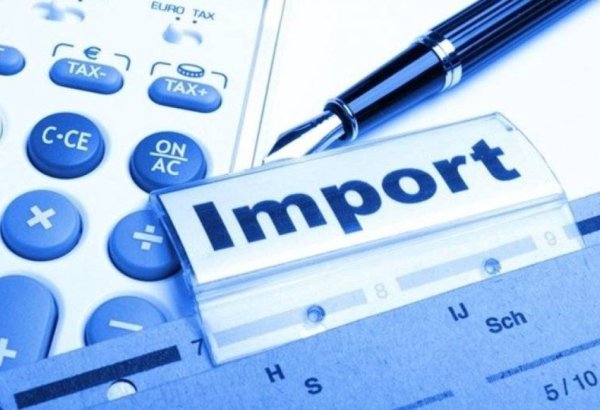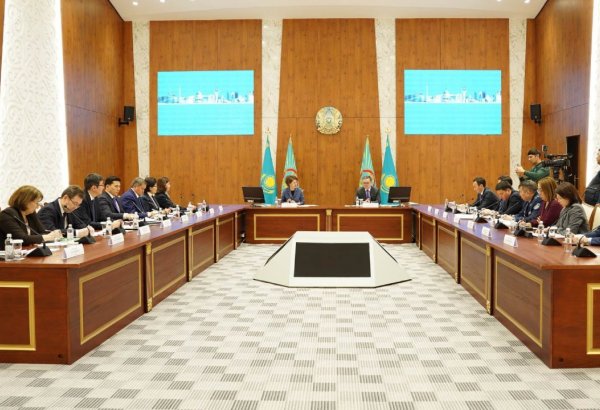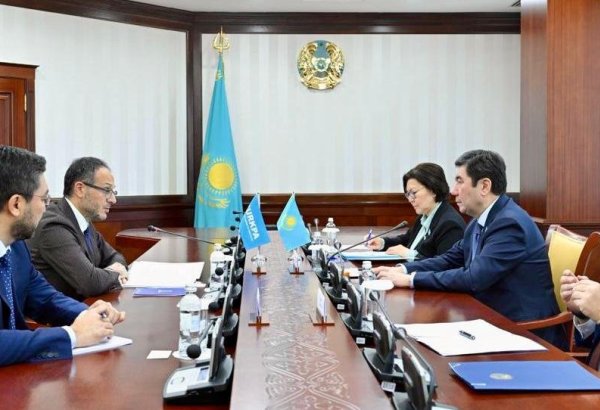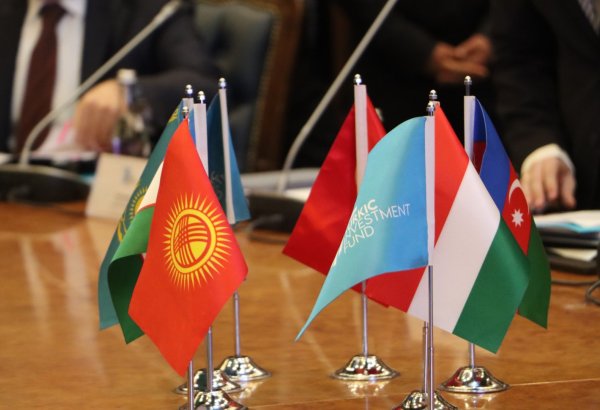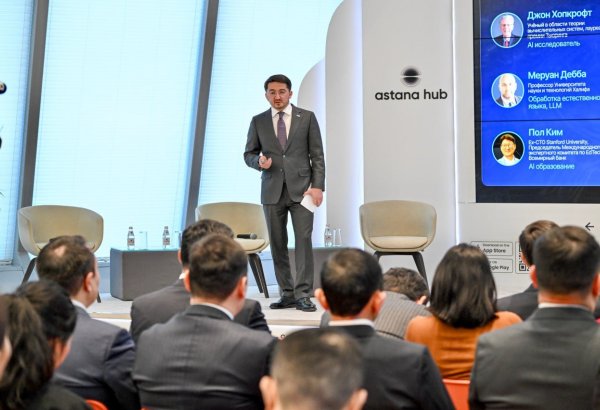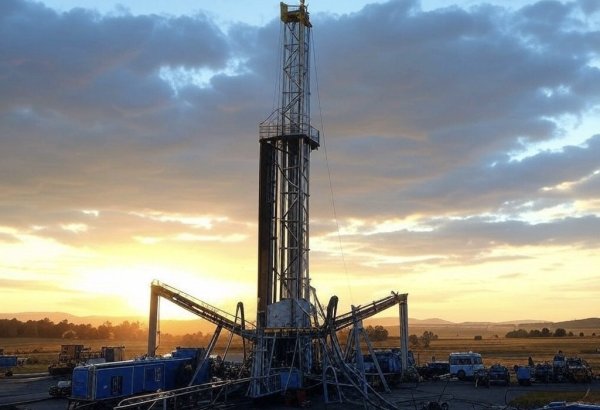BRUSSELS. KAZINFORM Ahead of the visit to Kazakhstan, EU High Representative for Foreign Affairs Josep Borrell kindly agreed to give an interview with Kazinform News Agency.
On 2 February 2023, Kazakhstan and EU will mark the 30th anniversary of our bilateral relations. Would you please summarize in a few sentences the key achievement of this cooperation?
One of our key achievements has been the entry into force of the European Union-Kazakhstan Enhanced Partnership and Cooperation Agreement (EPCA) in March 2020.
Kazakhstan was the first country in Central Asia to sign an Enhanced Partnership and Cooperation Agreement with the European Union in December 2015.
In 30 years, our bilateral relations have considerably progressed. The European Union is Kazakhstan’s biggest trade and investment partner, representing over half of total Foreign Direct Investment in Kazakhstan.
Also, Kazakhstan is by far the EU’s largest trade partner in Central Asia. Kazakhstan has been and remains a reliable energy supplier to the EU.
Recently, we have stepped up cooperation in sustainable raw materials, batteries and renewable hydrogen. Securing a sustainable supply of raw materials can help speed up decarbonisation - both in Kazakhstan and in the European Union.
Erasmus+ has offered more than 4,800 scholarships for students or staff in both Kazakhstan and Europe.
We have also strengthened cooperation in human rights, rule of law and good governance. We have developed strong regional cooperation. We are concerned by the current geo-political context and are mutually committed to enhancing security, stability and peace in our regions. We will have the opportunity to discuss regional issues at EU-Central Asia Ministerial, taking place in Samarkand this 17 November.
EU has recently developed its own connectivity strategy of the Global Gateway. What are the key aims of its implementation in relation to Kazakhstan and Central Asia?
Global Gateway is about investment in quality infrastructure and in a transparent, rules-based and human-centric environment.
Central Asia is the heart of Eurasia, it connects Europe and Asia, East and West, but it also a very important region itself.
Kazakhstan and other Central Asian partners have a huge potential in green energy and increasing diversification of its economy while trying to produce as much as possible added value at home, ideally using modern technologies and European standards.
This will also require alternative connectivity routes.As part of the Global Gateway initiative, the EU has commissioned the European Bank for Reconstruction and Development (EBRD) to carry out a study on the most sustainable transport corridors connecting the extended Trans-European Transport network and the five countries of Central Asia, including Kazakhstan.
We will have an opportunity to discuss options at the EU-Central Asia Connectivity Conference to take place in Samarkand, 18 November.
Last but not least, digital connectivity is no less important. Therefore, at the conference, the EU will present two Team Europe and Global Gateway Flagship Initiatives, on Water, Energy and Climate Change and on Digital Connectivity.
In 2019, the EU adopted its new strategy for Central Asia. How does Europe see the importance of its relations with our region, also in light of the recent meeting between leaders of Central Asian nations and EU Council President?
As we look at the prospects for EU-Central Asia cooperation today, we have to acknowledge that international geopolitical context in which we operate has become more complex and challenging, in particular since Russia’s illegal invasion of Ukraine.
In such a difficult context, our partnership is essential in addressing global challenges facing us all. The objectives of EU Strategy for Central Asia are more relevant now than ever: promoting resilience, prosperity and regional cooperation.
We have aligned the EU’s cooperation with Central Asia along these priorities. As a reliable and predictable partner, the EU is committed to strengthening relations with Central Asia in the long-term.
Cooperation has been at the core of the European Union since its beginning. It made us who we are today.
We truly believe that through regional cooperation Central Asia will be stronger and more resilient. We hold yearly meetings, which I have considered very important to have here in the region.
President of the European Council Charles Michel also came to Kazakhstan recently to strengthen our ties with the region.
Since Russia’s illegal military aggression against invasion of Ukraine, it has become even more important to strengthen cooperation among countries who remain committed to the UN Charter and its key principles, including sovereignty and territorial integrity.
We all wish to see peace restored on the European continent. Our countries need each other, mutual support, markets, trade, connectivity in order to maintain and secure peace and development, and I see EU and Central Asia as potential partners in this endeavor.
What do you hope to achieve during this visit to Kazakhstan?
This year has been a challenging one for Kazakhstan, the European Union and globally.
My visit is a timely opportunity to reaffirm the EU’s commitment to Kazakhstan as a valuable partner.
We support President Tokayev’s ambitious socio-economic and political reform programme aimed to make Kazakhstan more open, inclusive, and democratic.
My wish for Kazakhstan is that it implements these reforms, approved by referendum in June, with determination and steadfastness, and to continue with further democratic reforms.
I welcome that OSCE/ODHIR has been invited to observe the upcoming Presidential election.
The upcoming elections are an important opportunity for Kazakhstan to demonstrate its will to embark on a new model of governance. I also continue to encourage Kazakhstan to conduct an independent and transparent investigation into the tragic events of January this year.
In order for Kazakhstan to turn the page there must be justice and accountability. On a regional level, we look forward to the EU-Central Asia Connectivity Conference to take place in Samarkand, 18 November, and the commitment on both sides to strengthening cooperation, develop green energy and sustainable connectivity.
In the follow-up to the COP-27 climate conference held in Egypt, we also hope to reinforce our cooperation on sustainable energy, including on methane reduction, in order to jointly combat climate change.
What do you think are the key goals for the EU - Central Asia connectivity conference in Samarkand?
The goal of the EU-Central Asia Connectivity Conference Global Gateway is to develop a joint vision of the participants’ contribution to sustainable connectivity among Central Asian countries and between the EU and Central Asia.
The Samarkand Conference provides an opportunity work together to deliver sustainable connectivity that offer us greater prosperity and higher living standards while supporting the transition to a de-carbonised, green economy.
Thank you for the interview!








